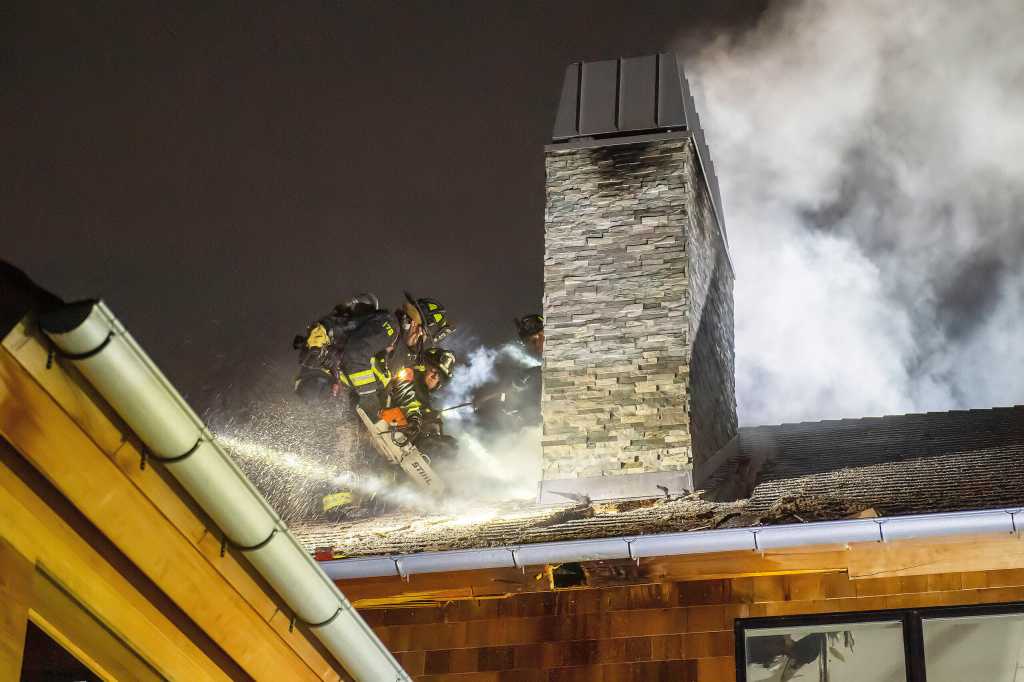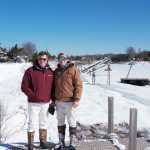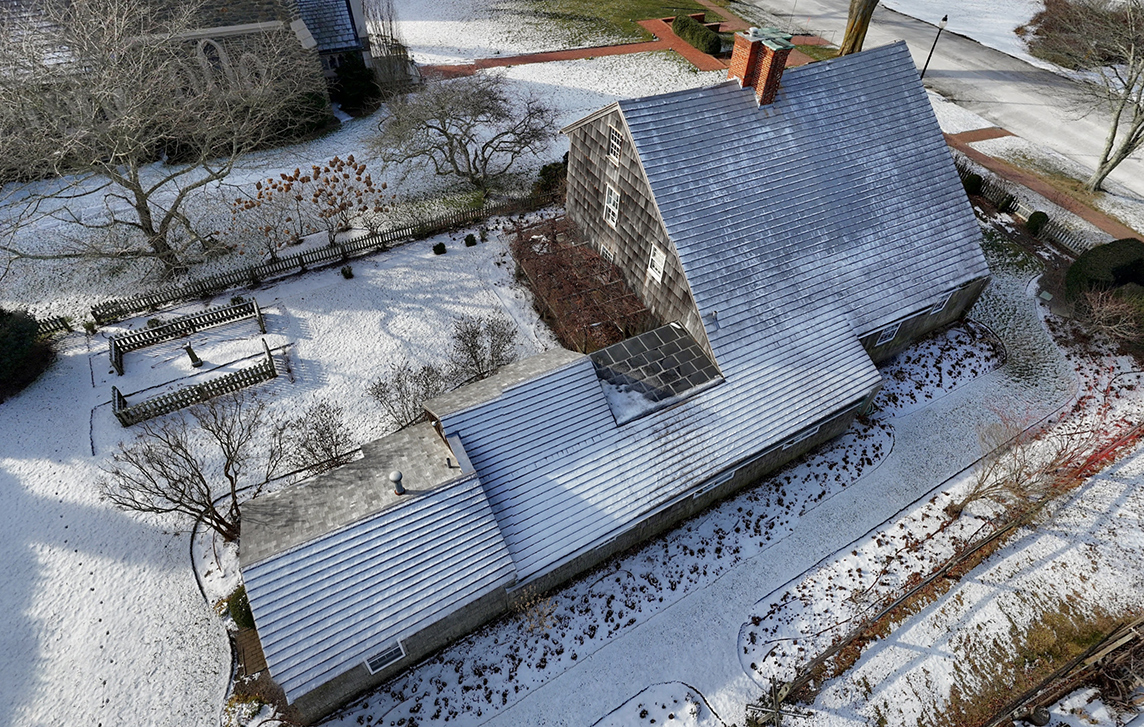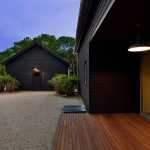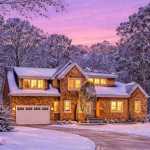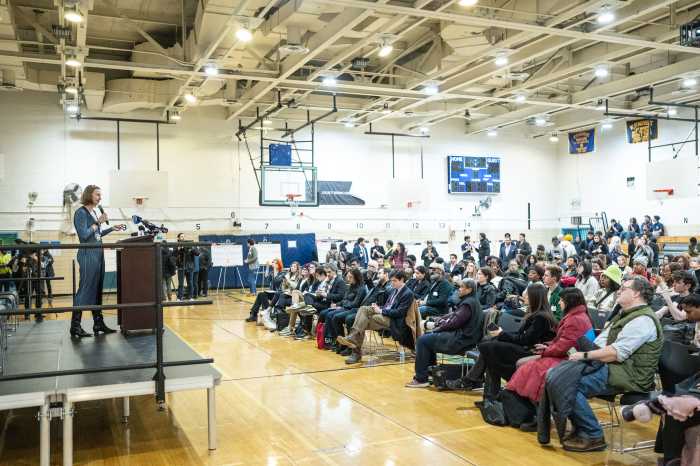Picture this: A family sitting together in front of a fire, the hearth covered in stockings. The twinkling Christmas tree filling the room with the fragrant smell of a Balsam fir. Snow falling outside. Sounds like a perfect holiday, right? Yes, but the colder months ahead and the holiday season bring not only yuletide, but serious dangers if homeowners are not careful.
The joyous holiday season can change in a heartbeat, say fire officials and firefighter organizations, who sound warning bells in an effort to ward off potential disasters. The International Association of Fire Fighters has a public safety announcement that simply says, “Holidays can be magical. They can also be deadly.”
Christmas trees are always a concern, but this year more than ever with so many people putting up trees earlier as a way to break up the doldrums of quarantine. That’s a problem, says East Hampton Fire Department Chief Gerard Turza Jr. If not properly watered, cut trees dry out quickly, which mean they can ignite in seconds. The U.S. Consumer Product Safety Commission says a dry Christmas tree can go up in flames faster than a newspaper.
“That’s probably going to be an issue we’re looking at,” he says. “Christmas tree places are running out. Instead of a few weeks [of trees being up], we’re looking at a month.”
If you put up a real tree, John Rankin, the chief Southampton Town fire marshal, suggests checking the water level at least once a day. When it first goes up, he says to check it twice a day. You can tell if the tree is dry by touching the branches. If they drop a lot of needles, they need water.
Both fire officials recommend only using UL-listed Christmas lights, both indoors and outdoors. UL is a global safety certification company that certifies electrical products have been tested to the highest safety standards. Lights should be carefully inspected before going up, and any worn out or frayed strands of Christmas lights should be replaced, Rankin says. And do not overload electrical outlets.
Turza says his call volume is already up with more people living in his district full-time due to the pandemic, which further complicates the standard dangers this time of year. “The houses are getting used more,” he says, but that doesn’t necessarily mean they are taking care of their mechanical equipment the way they should. “So with COVID and people being cautious, tradespeople, service people, may have limited access,” he says, noting he has had recent calls caused by heating systems and gas stoves malfunctioning because they have not been serviced recently.
Rankin says he understands people are a little leery about letting people into their home as coronavirus continues to spread. Service companies are taking precautions. “They are trying to accommodate people as best as they can. The service techs are showing up with gloves and masks on. They are looking for alternative entrances and try to make sure it’s one way in, same way out,” he says.
“With the amount of people that are out here, I’m sure that the systems within their residences are not used to the uptick in use. They want to make sure, if they have a piece of equipment that is not acting correctly as it usually does, make sure they contact a repair service,” Rankin says.
Fireplaces can also wreak havoc, from improper use or lack of cleaning. “We have had a couple of chimney fires lately, and the question is, ‘When was the last time the chimney was cleaned?'” says Turza. Some newer residents are not familiar with their fireplaces and wood stoves. He has seen some burning Duraflame logs, a manufactured fireplace wood, one after another. “Those things are notorious for burning very hot, very fast. Several at a time? Your chimney may not be constructed for that type of airflow, that kind of heat,” he says.
People need to know what the specifications for their fireplace are and how to properly use them. “It’s okay to ask, because if you start burning the wrong stuff there’s going to be problems down the road,” Turza says. In one case, a renter closed the flue immediately after extinguishing a fire in her fireplace, but it was still smoldering and it filled the house with carbon monoxide, a product of incomplete combustion. The chief suggests speaking to fireplace experts and always using licensed contractors and tradespeople for all work in the home.
Other more “common sense” tips including ensuring there is a fire extinguisher nearby when cooking. “A few weeks ago, we had an oven fire. A wall-mounted range from the early ’50s in an old house…the electrical element inside sparks and arcs and catches fire,” Turza says. The occupant threw a cup of water on the electrical fire, which was being fueled by a grease fire inside the oven. Instead, he should have use the fire extinguisher.
Listen to the smoke and carbon monoxide detectors, fire officials say (it’s also a good time of year to make sure they are in working order). At several fires over the past year, occupants reported the alarms sounding, but when they saw nothing they did not call 911. “It’s not something people should ignore,” says Rankin. Carbon monoxide is an odorless and tasteless gas that can kill.
“I’m sure a lot of the departments share the sentiment that we’d rather come out for nothing than come out for something,” he says.
Here are some other holiday tips from the International Association of Fire Fighters:
- Use battery-operated candles
- Keep combustibles at least three feet away from heat sources
- Never leave a source of fire or heat unattended
- Never use charcoal or gasoline-fueled devices indoors
- Turn off, unplug and extinguish all decorations when leaving the house or going to sleep
- Stay in the kitchen while cooking
- Close your door when sleeping
Email tvecsey@danspapers.com with further comments, questions or tips. Follow Behind The Hedges on Twitter, Instagram and Facebook.

